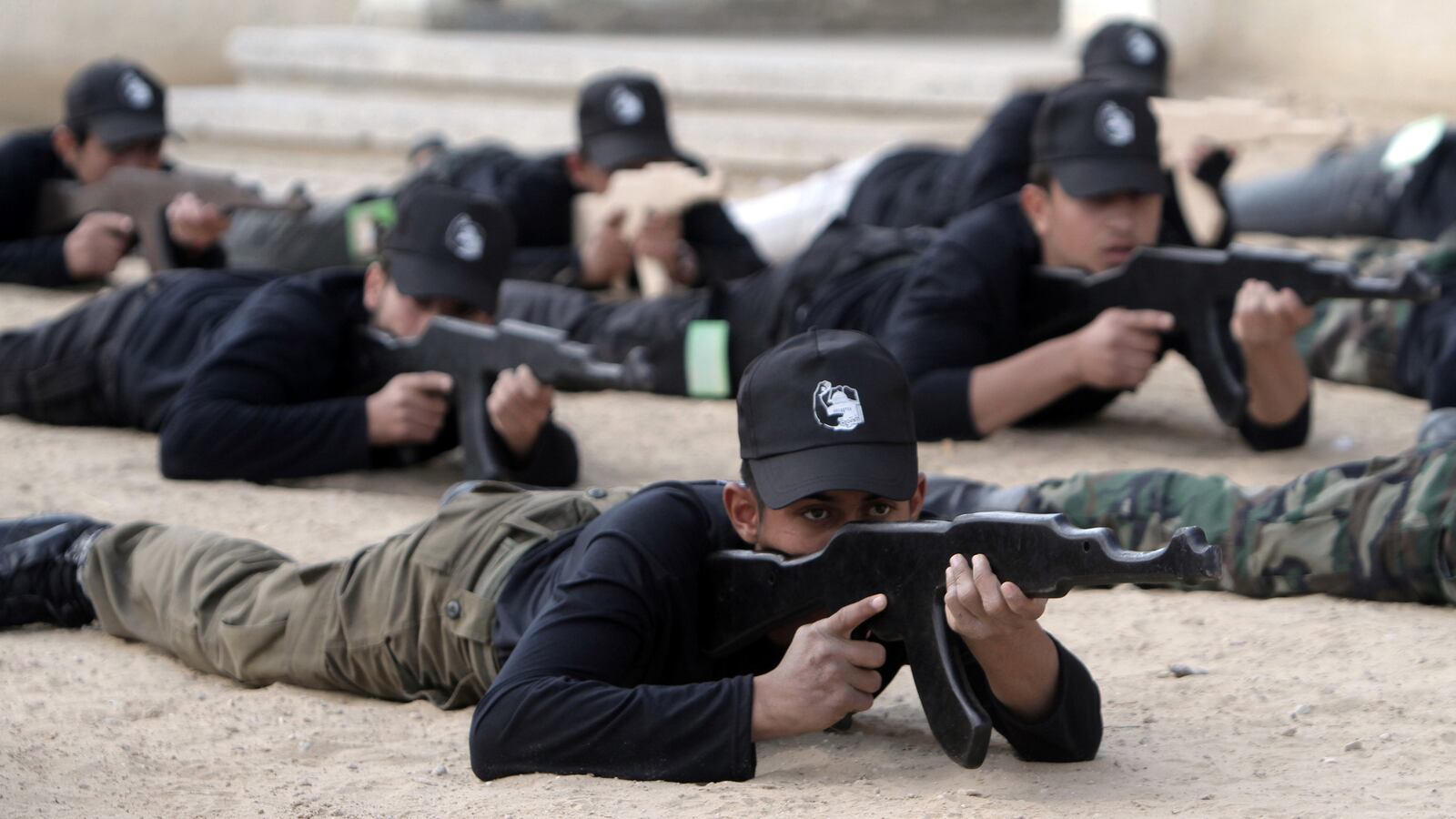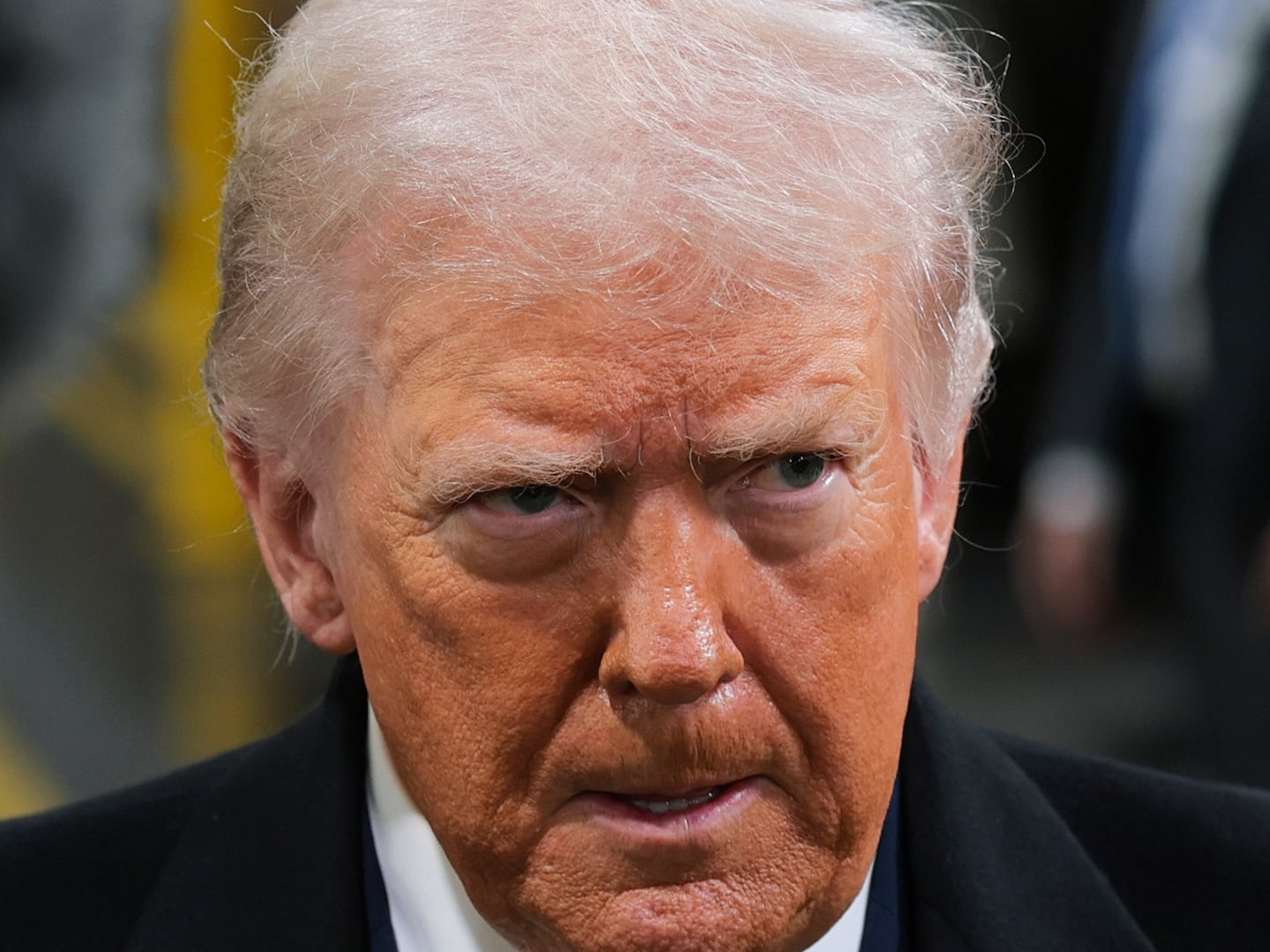For many Israelis, the parliamentary election yesterday was one of the most exhilarating in recent memory.

For Palestinians, it was mostly a yawn.
The vote, a cliffhanger, bolstered the political center in Israel and weakened right-wing Prime Minister Benjamin Netanyahu—though likely not enough to deny him a third term. But Palestinians said they expected no change in Israel’s settlement policy in the West Bank or its approach to peacemaking, which has been largely stalled for the past four years.
“I think we would be entirely naive to expect a shift to peace or a revival of the peace process,” says Hanan Ashrawi, a member of the PLO’s executive committee and a former peace negotiator. “It’s positive for Israel the fact that the more moderate elements within the Israeli body politic finally have read the scene and expressed some will to challenge the monopoly of the extremists. But it doesn’t mean they’ve replaced them. And it doesn’t mean they have a peace policy that is effective and capable of being implemented,” she tells the Daily Beast.
Netanyahu, whose right-wing Likud Beiteinu Party lost a quarter of its strength in Parliament as a result of the vote, has already begun the messy business of coalition building—a process that could take several weeks. He has already signaled that he wants to expand his traditional alliance of right-wing and religious parties to include Yesh Atid, a centrist faction that won a remarkable 19 seats in the 120-member Parliament.
Yesh Atid leader Yair Lapid said during the campaign that he would only join a government that aims to conduct serious negotiations with the Palestinians. But he also voiced support for positions that Palestinians view as nonstarters, among them that certain settlements would always remain under Israeli control and that Jerusalem would never be divided.
Lapid kicked off his campaign in West Bank settlement of Ariel and assured residents there that it would be incorporated into Israel under any future peace deal, another position that Palestinians reject.
Mahmoud Abbas, the Palestinian president, shared the skepticism over the election results. He said a day after the vote that Palestinians would not agree to resume negotiations with Israel unless it accepted a United Nations decision from last year recognizing an independent Palestinian state in the West Bank and Gaza. “It will not happen again. The [Palestinian National Authority] will not agree anymore to continue in the same track of photo-op negotiations with Israel,” says Ahmed Tibi, a Palestinian member of Israel’s Parliament, paraphrasing what he said were remarks he heard from Abbas earlier today.
“He followed the results; he was interested. But he was waiting to see what the position of the new government will be towards the Palestinian issue,” he tells the Daily Beast.
Peace talks have been largely frozen since Netanyahu took office in 2009—in part over Palestinian demands for a freezing of settlement construction in the West Bank. Abbas refused to engage even when Netanyahu halted most settlement construction for a limited time in 2009–10 because the moratorium did not include areas in and around Jerusalem.
Tibi’s United Arab list won five seats in the election—up from three in 2009—despite a low voter turnout among Palestinian-Israelis of about 46 percent. Voter participation nationally reached 66 percent.
“If another 10 percent of Arab voters had come to the polls, we could have terminated the regime of Netanyahu and the right wing,” he said.
The combined strength of parties on the center and left side of the political map following the vote reached 60 mandates, precisely half the total seats in Parliament, according to a count published Wednesday.
But officials said the final tally could change, as soldiers’ votes are still being counted.






